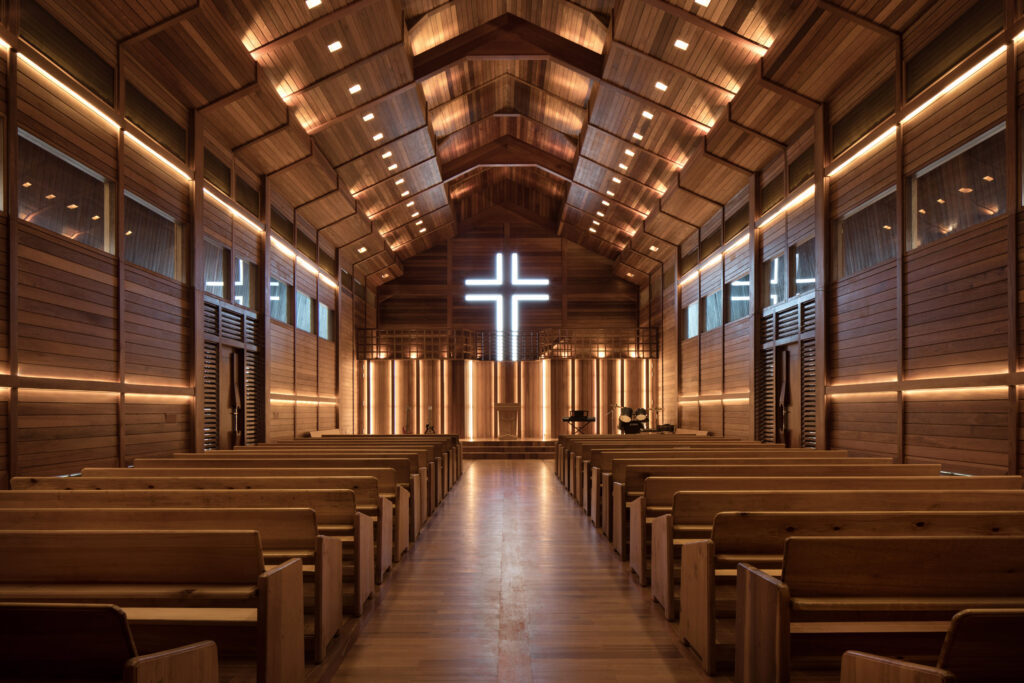
There are a lot of different counseling models out there and each one relates to the local church differently. Our relationship as a counseling center with local churches in our city is grounded in a couple of convictions.
The first conviction is God has designed the local church to be the primary context for people to give and receive the care we all need. This is why He ordained elders to oversee the church – they are shepherds with God-given authority to care for and protect members with the tenacity and tenderness of Jesus. They carry a special God-given burden for the well-being of individuals souls that cannot and ought not be delegated. This is also why community plays such a central role in Scripture when it comes to our growth and transformation. Our sanctification is not an individual and private effort but rather a communal and public affair. We were created by God to live most fully as humans when we are in deep-soul relationships with others and the local church is designed to be the place where we experience that most fully.
The second conviction that shapes the way we relate to local churches is how we understand the role of the counselor and pastor. Both roles have many overlapping qualities. Without a clear understanding of these differences and similarities, things can get messy really fast. Tension turns into disconnection, which turns into separation in many cases. Where pastors and counselors are similar is both deal with the spiritual, mental, emotional, and psychological wellbeing of individuals. Many people try to separate this out by assigning pastors the care of the spiritual parts, counselors the care of the emotional/psychological parts, and medical doctors the physical.
That seems wise on the surface but ends up being reductionistic in our opinion. A major difference between a pastor and a counselor is primarily in focus and time. The counselor focuses much of his or her training and time on helping individuals with specific struggles. The pastor’s focus and time is typically more general and public by nature of his job. Again there can be cross-over there but the helpful difference is one of time and focus. In light of this, we believe it is wisest and most effective (not necessarily most efficient) when pastors and counselors can work together to help people holistically.
Given these two convictions, our aim is to serve the mission of local churches in our city as pastors and people seek to love Christ and one another.
We do this in 3 ways:
1. We supplement the pastoral care of the local church by providing specialized, focused, professional care in partnership with pastors and community. We do not see ourselves as replacing the care & counseling done in the local church or bearing the burden local elders are given to carry.
2. We support the church community as the primary context for care & transformation by the way we speak about the church with clients and by providing resources, training, and consulting to help the church in its call to care.
3. We send clients back too or into local church community for long term care. Ideally, there is a sending back and forth all along a client’s relationship with us.
By: Jason Kovacs MA, CBC
(Jason Kovacs serves on the council of the Biblical Counseling Coalition and board member of the Canadian Biblical Counseling Coalition)



